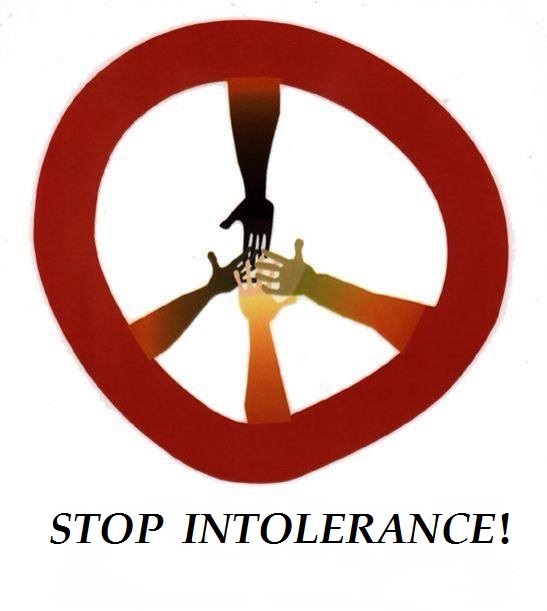Pages 516-517 … denying God; doubting Romans
You then specifically call upon Romans 1:26-27, noting your personal belief that it “teaches specifically that those who fall into homosexuality do so as a result of denying and disobeying God” … My dear Friend, as I have already explained to you & yours on many occasions, this passage of Romans A) speaks only to homosexual lust &/or homosexual malevolence (e.g. rape, abuse, objectification etc), and B) actually – in its immediate context (in combination with the first eleven verses of Romans chapter 2) – says exactly the opposite; namely, that we should not be publicly denigrating such sinners at all! Please consider:
Firstly, when we have the patience to read the entire first chapter of Romans, we realize that the last half doesn’t “fit” at all with the spirit of the first half, much less the tone of the rest of the letter as a whole. Yes, Paul was indeed a writer who often seemed more crude than credible, and yet even so it is remarkably bizarre that he would switch so rapidly from speaking of God’s loving “righteousness” in verses 16-17 to His “wrath” in verse 18 …
Secondly, there is the additional oddity of the high concentration of Paul’s use of the third-person in this section of Romans – an intensity that is found nowhere else in this letter. In these few verses alone, the third-person pronoun (“they”, “their” or “them”) is used fourteen times, the third-person reflexive (“themselves”) is used once, and third-person plural verbs are used repeatedly as well. Indeed, after reading this passage, any earnest student of the Scriptures must find themselves wondering just who it is Paul is talking about here – just who is this “they” he keeps mentioning?
Well, as it in all likelihood turns out, Paul was actually paraphrasing here – reciting some of the anti-Gentile vitriol commonly spewed by the Hellenistic Jews of his day, and he was doing so to set up his primary objective; an objective he clearly identified when he dramatically switched to the second-person in the early verses of the letter’s next chapter. Let’s listen in …
“THEREFORE you have no excuse, whoever you are, when you judge others; for in passing judgment on another you condemn yourself … You say, ‘We know that God’s judgment on those who do such things is in accordance with truth.’ And yet do you imagine, whoever you are, that when you judge those who do such things and yet do them yourself, you will escape the judgment of God? Or do you despise the riches of his kindness and forbearance and patience? Do you not realize that God’s kindness is meant to lead you to repentance? But by your hard and impenitent heart you are storing up wrath for yourself on the day of wrath, when God’s righteous judgment will be revealed. For he will repay according to each one’s deeds: to those who by patiently doing good seek for glory and honor and immortality, he will give eternal life; while for those who are self-seeking and who obey not the truth but wickedness, there will be wrath and fury. There will be anguish and distress for everyone who does evil, the Jew first and also the Greek, but glory and honor and peace for everyone who does good, the Jew first and also the Greek. For God shows no partiality.” ~ Romans 2:1-11
So you see Lucy, in Romans 1:26-27 Paul is not condemning homosexuals at all, but is rather citing a common condemnation made by conservative Jews of his day against Gentiles – some of whom supposedly engaged in homosexual sex. And what Romans 2:1-11 shows us immediately thereafter is that Paul actually condemns that condemnation! And he does so not only in Romans 2, but also consistently all the way to the end of this letter (see Romans 3:21-23, Romans 5:18, Romans 7:6, Romans 8:14, Romans 8:28-30, Romans 9:23-26, Romans 10:12-13, Romans 12:3, Romans 12:16-18, Romans 14:4, Romans14:10-14 & Romans 15:2).
In short then, Romans 1:26-27 is part of a rhetorical passage (that would have been placed in quotation marks, had punctuation marks been used by ancient writers at all) containing criticisms that Paul then goes on to reject in Romans 2:1-11; essentially saying that we are all sometimes idolaters, and that we are all sometimes fornicators, and that we are all sometimes of “depraved mind” (and that a sizeable minority of us even sometimes engage in homosexual sex) – and that we are therefore to all STOP JUDGING ONE ANOTHER!






 ;
;